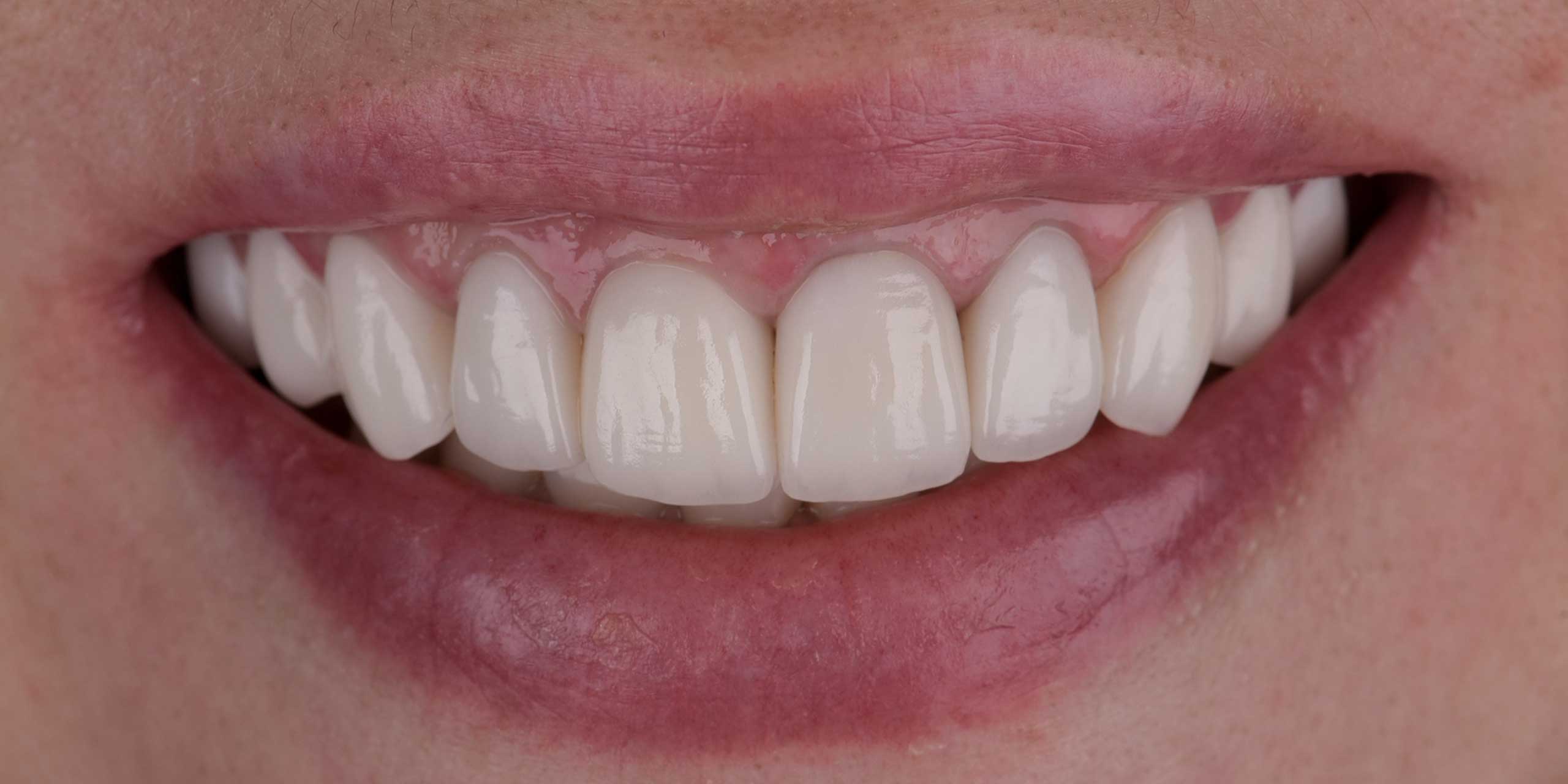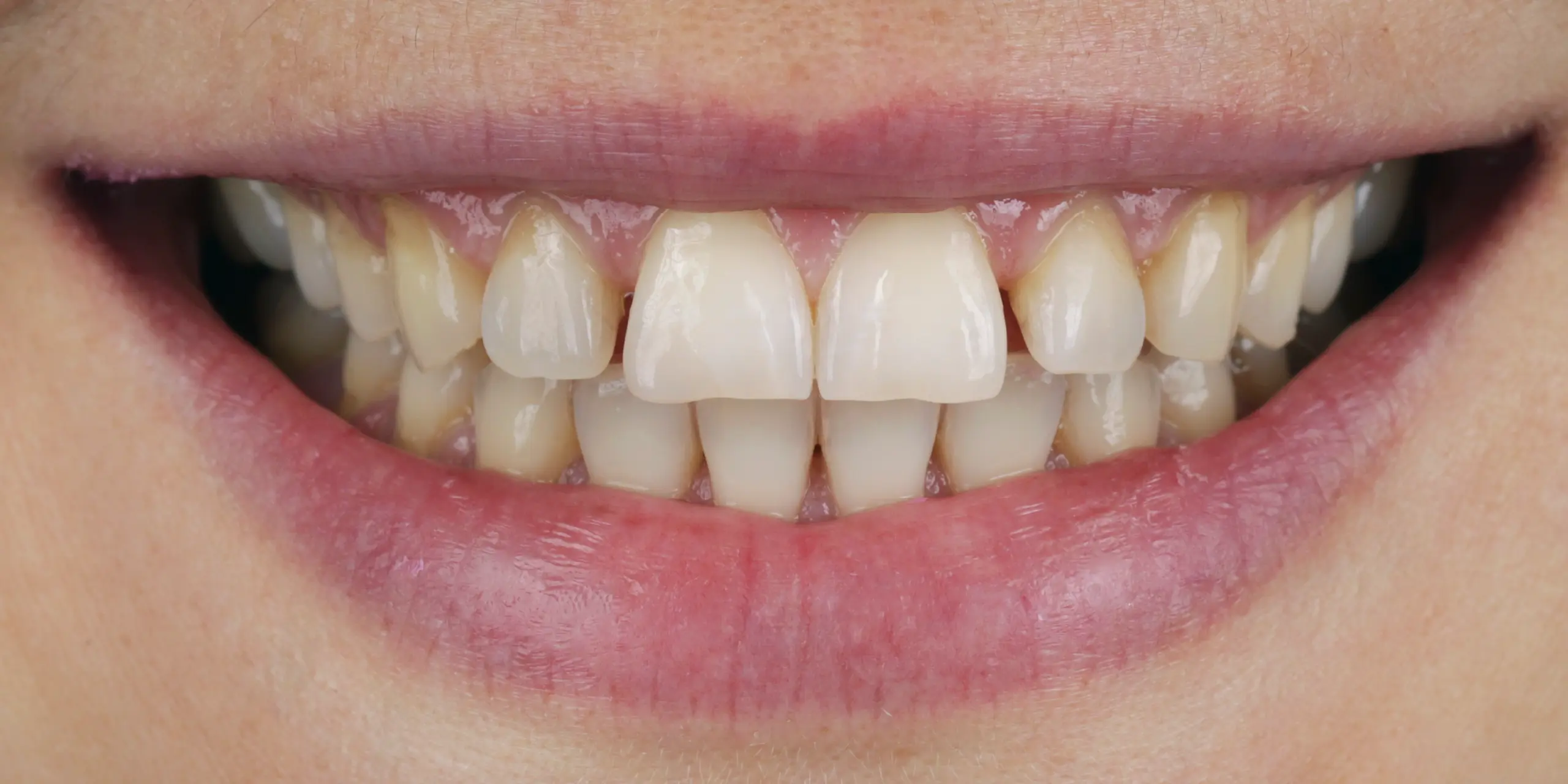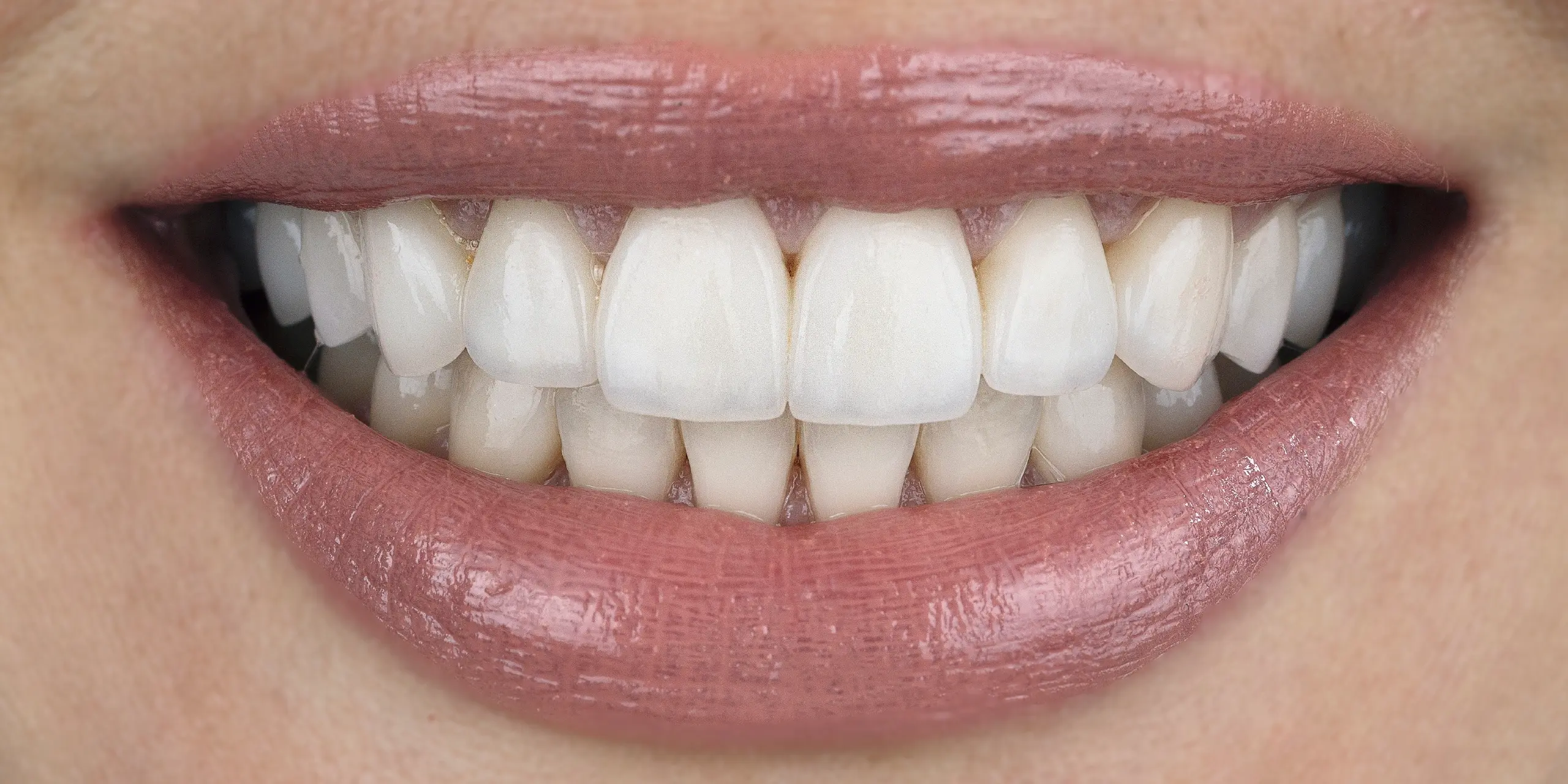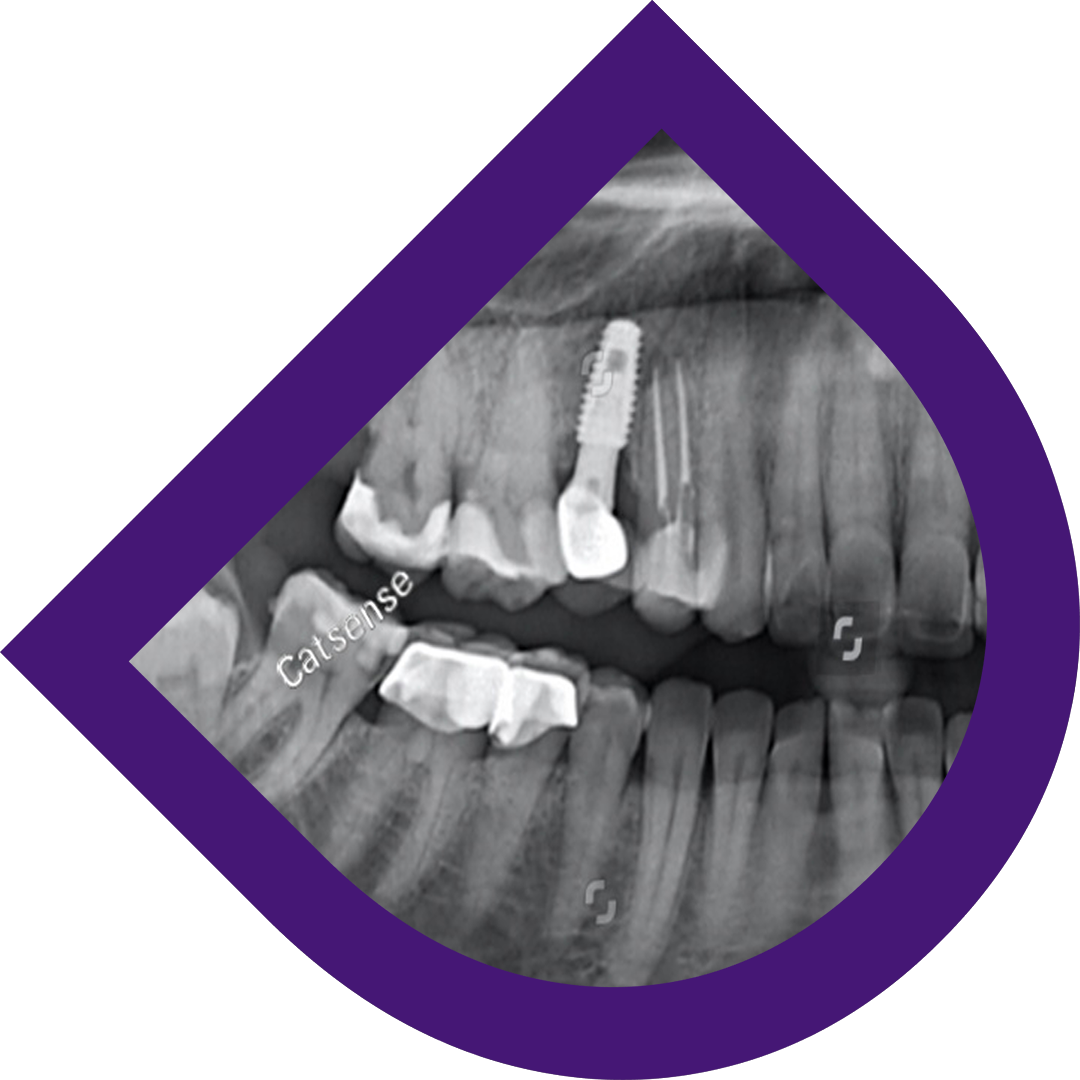
When considering dental restoration or cosmetic procedures it’s important
to understand the differences between veneers, crowns and implants.
Each solution serves a unique purpose and is used under specific conditions.
Below is a guide to help you understand their main differences.
1
Dental Veneers

Used for:
- Discoloration that doesn’t respond to whitening
- Minor chips or cracks
- Slight misalignments
- Closing small gaps between teeth
Pros:
- Minimally invasive
- Natural-looking results
- Quick cosmetic improvement
- Can match perfectly the color of surrounding teeth
Cons:
- Not suitable for damaged or decayed teeth


2
Dental Crowns
A crown is a tooth-shaped cap that completely covers a damaged tooth to restore its strength, shape and function.

Used for:
- Covers and protects an existing tooth. The root is still there and healthy enough to keep.
- Severely decayed or cracked teeth.
- To protect a weak tooth
- Cosmetic reshaping of a misshapen tooth
Pros:
- Provides strong structural support
- Long-lasting (10-15 years at least)
- Can match perfectly the color of surrounding teeth
Cons:
- Required more tooth reduction than veneers
- More expensive than simple fillings or veneers


3
Dental Implants
Dental implants are artificial tooth roots made of titanium that are surgically placed into the jawbone to fully replace a missing tooth, from root to crown, for a natural look and function

Used for:
-
Used when there is no tooth to save,it replaces both the root and the visible tooth
-
Replacing a missing tooth or teeth
- Long-term tooth loss solutions
- Supporting dentures or bridges
Pros:
- Permanent and durable solution (15 Years +)
- Looks and feels like a natural tooth
- Prevents bone loss in the jaw
- Can match perfectly the color of surrounding teeth
Cons:
- Require a root dental treatment
- Higher cost upfront


Comparison Price With Other Countries
| Country | Composite Veneer |
Porcelain Veneer |
Crown |
|---|---|---|---|
| Thailand | 120 USD | 370 USD | 350 to 450 USD |
| USA | 600 USD | 1600 USD | 1200 to 1800 USD |
| UK | 500 USD | 1400 USD | 900 to 1400 USD |
| France | 490 USD | 1300 USD | 700 to 1100 USD |
| Australia | 465 USD | 1200 USD | 900 to 1500 USD |
Let our clients reviews do the talking!

K. Took

“I recently got porcelain veneers at this clinic, and the results are amazing! The staff was incredibly professional, and the process was smooth from start to finish. I can’t stop smiling!”

Mr. Lee

“Getting composite veneers was a big decision for me, but I’m glad I chose this clinic. The results are beyond my expectations, and the care I received was top-notch. Thank you!”

Mr. Thomas

“I am so happy with my new smile thanks to the porcelain veneers I received here. The entire team made me feel comfortable and well-informed throughout the procedure. Highly recommend!”
Book your FREE consultation at Dental Veneer Bangkok
Fill out the form and we will call you back to schedule an appointment.

FAQs
Frequently Asked Questions
Learn more about how can enjoy a whiter, brighter smile with a visit to Dental Veneer Bangkok!
Dental veneers are thin, custom-made shells designed to cover the front surface of teeth to improve their appearance. They are made from porcelain or resin composite materials and are bonded to your teeth to change their color, shape, size, or length.
With proper care, dental veneers can last between 10 to 15 years. Their longevity depends on the type of veneers used, your oral hygiene practices, and avoiding habits that may damage them, such as biting hard objects.
The procedure for getting dental veneers is usually painless. However, some patients may experience minor discomfort during the tooth preparation phase, where a small amount of enamel is removed. Local anesthesia can be used to minimize any discomfort.The procedure for getting dental veneers is usually painless. However, some patients may experience minor discomfort during the tooth preparation phase, where a small amount of enamel is removed. Local anesthesia can be used to minimize any discomfort.
Yes, you can eat most foods with dental veneers. However, it’s advisable to avoid very hard or sticky foods that could potentially damage the veneers. Foods like hard candies, ice, and tough meats should be consumed with caution. Maintaining a balanced diet and avoiding habits like nail-biting or chewing on non-food items will help preserve the longevity of your veneers.
While dental veneers are durable, they can sometimes chip, crack, or fall off if subjected to excessive force or pressure. It’s essential to avoid biting hard objects and to follow your dentist’s recommendations for care. If a veneer does become damaged or detached, it can often be repaired or replaced by your dentist.
Caring for dental veneers involves maintaining good oral hygiene practices, such as brushing twice a day, flossing daily, and visiting your dentist regularly for check-ups and cleanings. Additionally, avoid habits that can damage your veneers, such as using your teeth to open packages or biting your nails.
